Meditation Retreats
Insiders tips

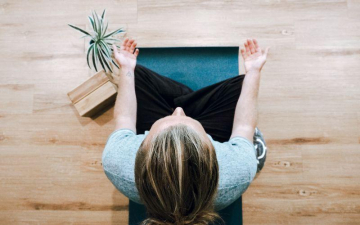
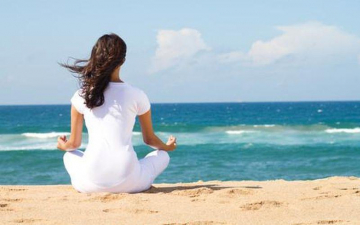
Discover all our Meditation Retreats holidays

Find peace and clarity through yoga, meditation and breathwork in a calming setting.

A gentle, spiritual and therapeutic yogic experience, suitable for all levels. From Hatha to Yin, breathwork to meditation – combine your yoga journey with a child-free tropical villa retreat
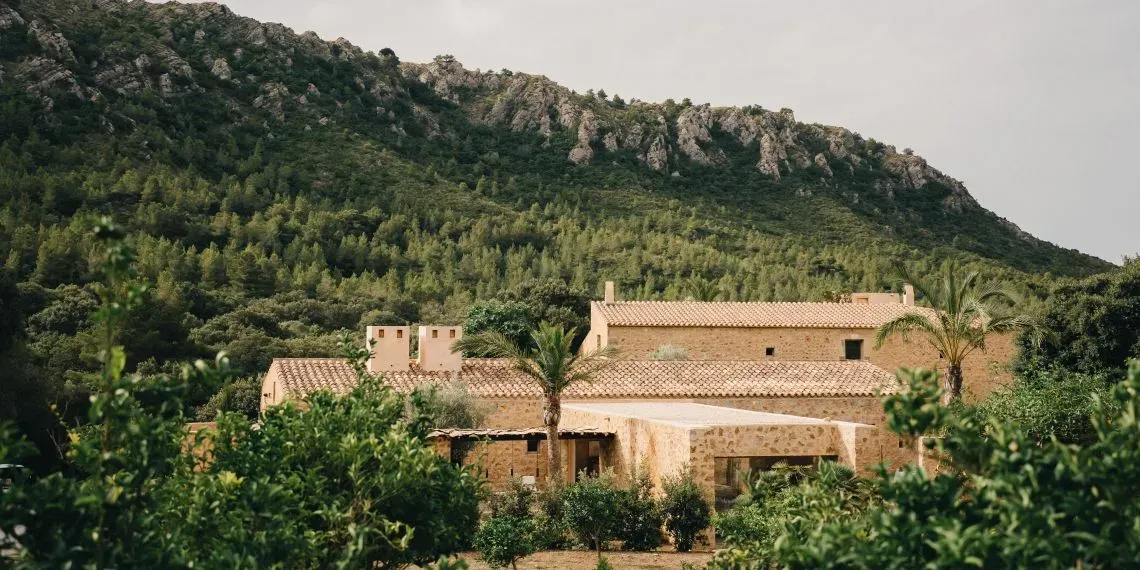
Staying without a full programme? This low intensity programme includes breakfast and daily access to yoga and meditation sessions

Embrace Vietnam’s natural rhythm with Dưỡng Sinh breath–movement practice, mindfulness, daily classes and tools to carry home

Transform with ocean-view yoga sessions. Recharge body and mind daily at an inspiring retreat in Thailand
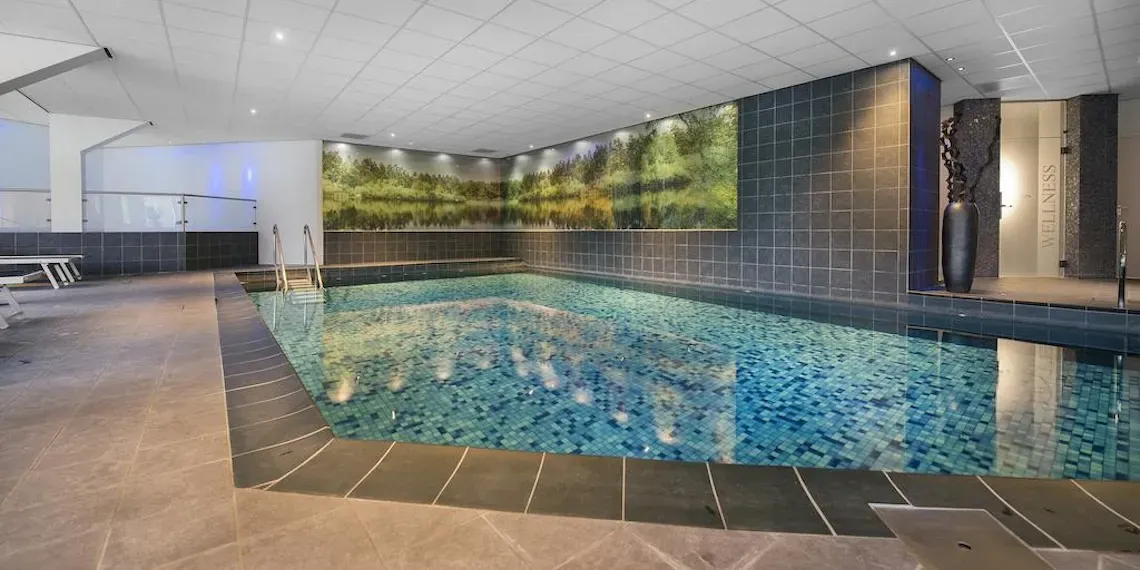
Slow down, breathe, and move in the heart of nature. This forest yoga weekend helps you release stress and reconnect with yourself through gentle movement, silence and the healing presence of trees
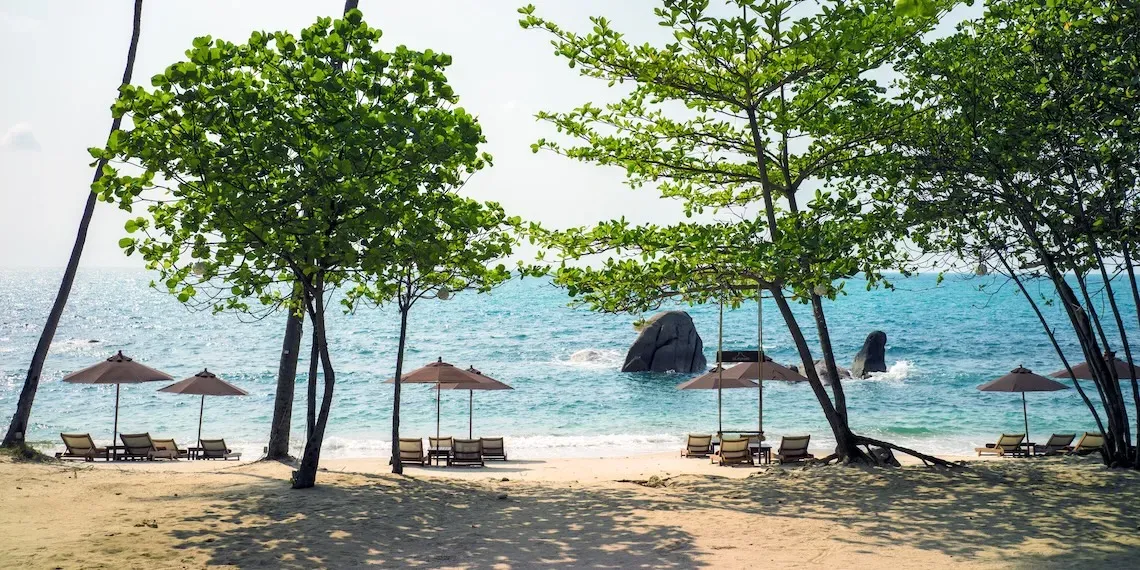
Get in top shape with personal training, meditation and active recovery
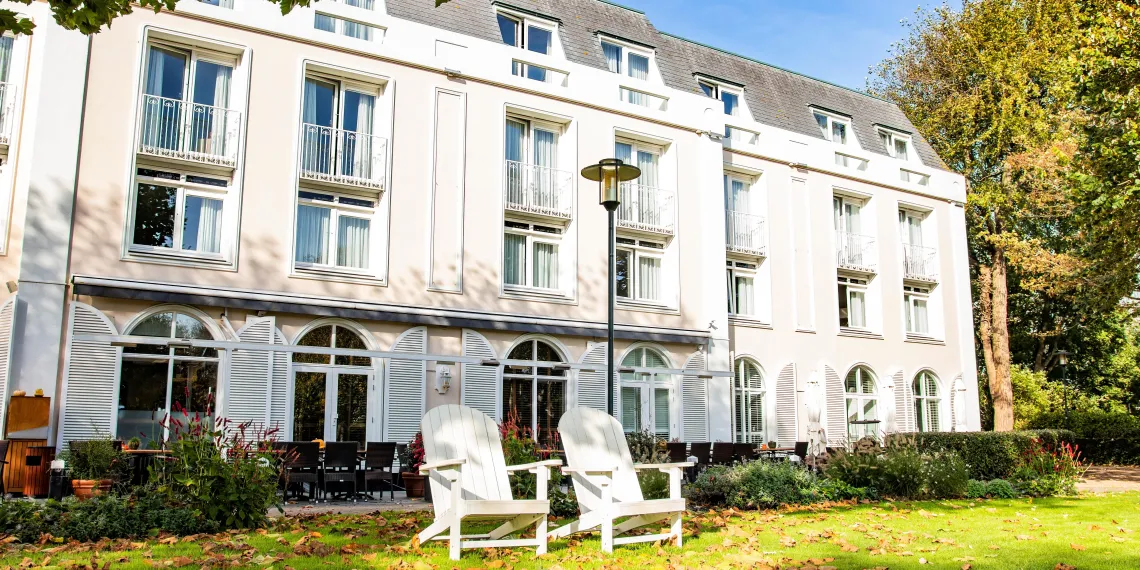
Breathe deeper, move freely, and unwind by the sea. Our yoga weekends offer space for rest, connection and renewal, guided by nature, mindful movement and calming stillness
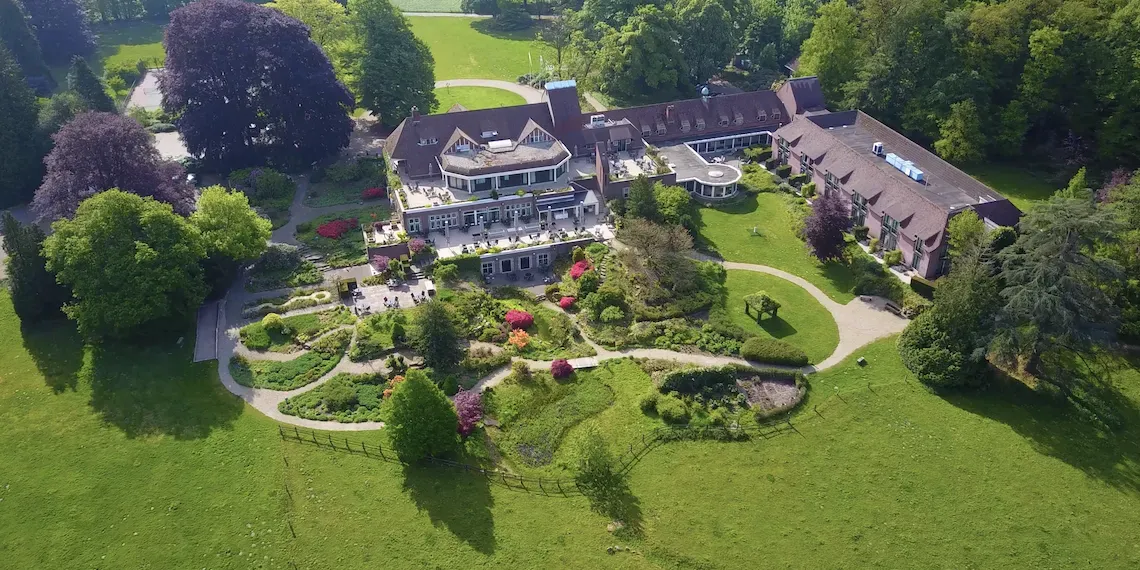
Breathe deeper, move freely, and unwind among open fields. Our countryside yoga weekends offer space for rest, connection and renewal, guided by nature, movement and stillness


Deepen inner stillness and creative flow with exclusive retreat therapies, wellness treatments and a personal guide. Including full plant-based meals
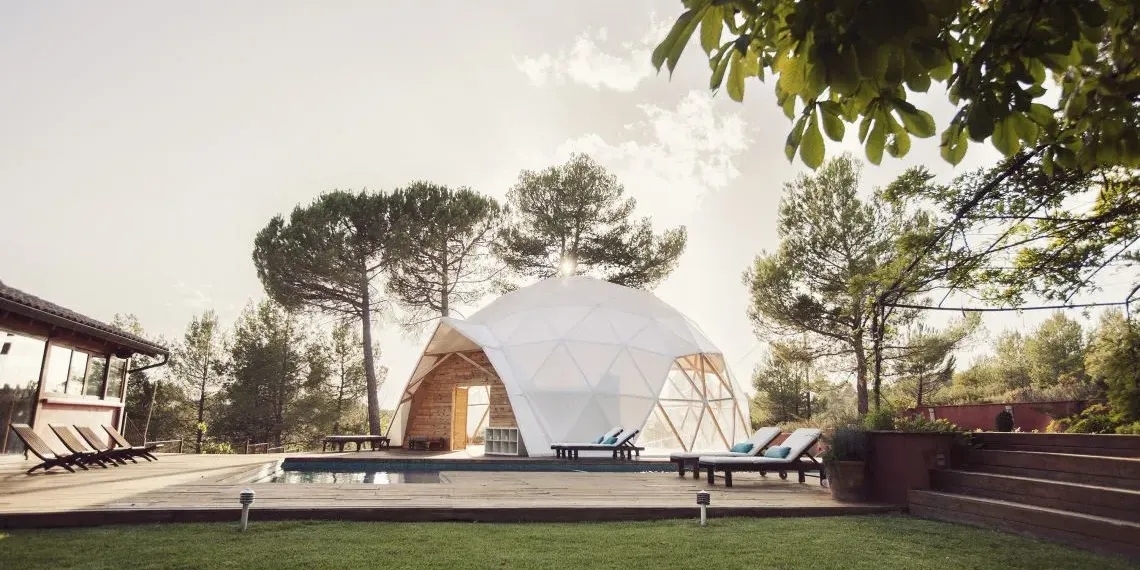
With yoga, meditation, therapies, and mindful eating, this stay helps you reset, regain clarity, and find strength to move forward in life with purpose

At Shanti-Som, you can enjoy yoga and meditation retreats starting from 3 nights. Treat yourself to relaxing treatments, balanced meals, and calming yoga and meditation sessions
At Shanti-Som, you’ll find mental wellness retreats starting from 3 nights, where you can unwind with coaching sessions, relaxing treatments, and balanced meals
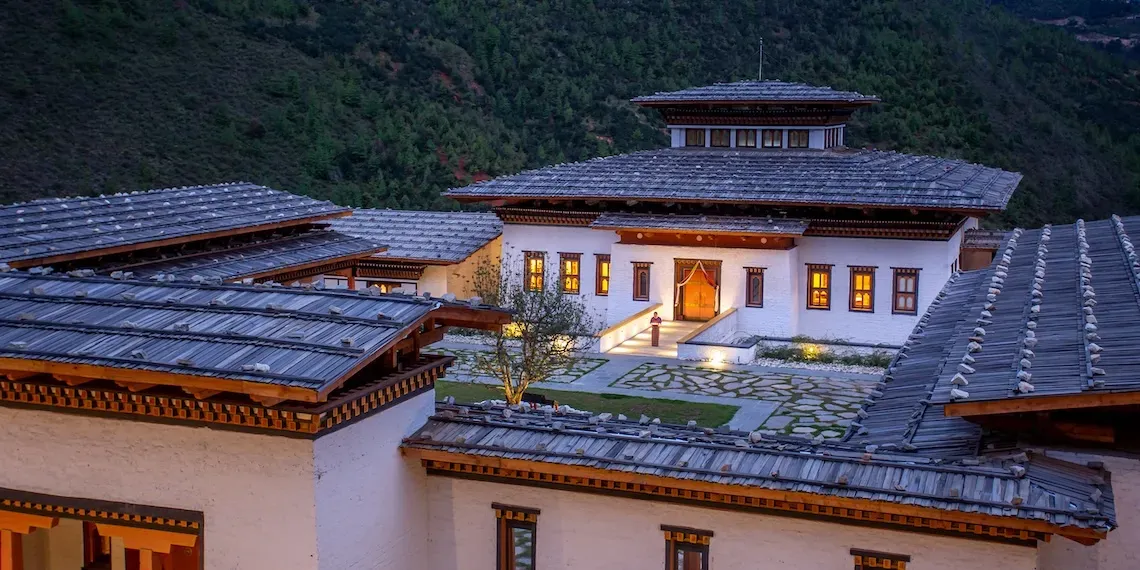
Release tension and restore inner calm with yoga, meditation and traditional Bhutanese healing in a peaceful mountain setting.

For those seeking deeper connection through yoga, meditation and mindful living. These programmes focus on strengthening the mind-body connection, mental clarity and present moment awareness in a natural setting.

Yoga-focused retreat centred on mindful movement, breathwork and awareness. Suitable for deepening body–mind connection, improving flexibility and cultivating presence and inner stability.

Restore body and mind with Ayurvedic care, yoga and balanced meals. For deep relaxation and renewed inner balance

Combine varied yoga styles, wellness consult, massages & spa with daily breakfast buffet and group classes
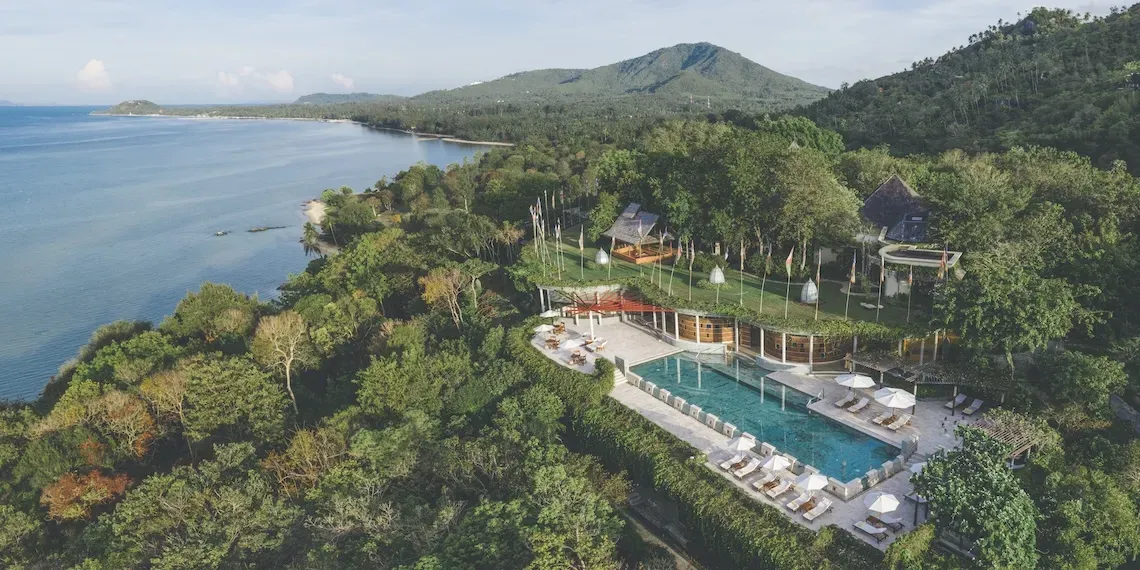
In need of relaxation and renewed energy? Discover programmes that help you slow down, recharge, and restore balance – bringing more calm, clarity, and lightness into your daily life
In a world full of stimuli and responsibilities, mental resilience is essential. Whether you want to manage stress, improve your focus, or are in need of deep relaxation, here you'll find programmes designed to help you unwind
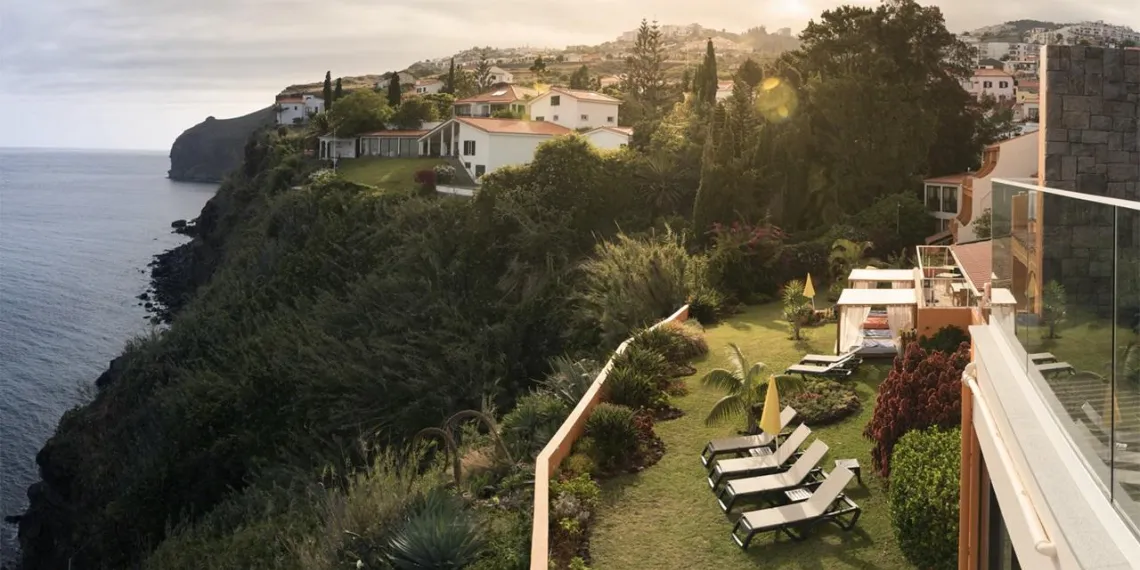
Experience the healing power of Ayurveda with a personalised treatment plan tailored to your unique doshas. Daily therapies, customised nutrition and yoga restore deep balance, cleanse the body and rejuvenate body and mind
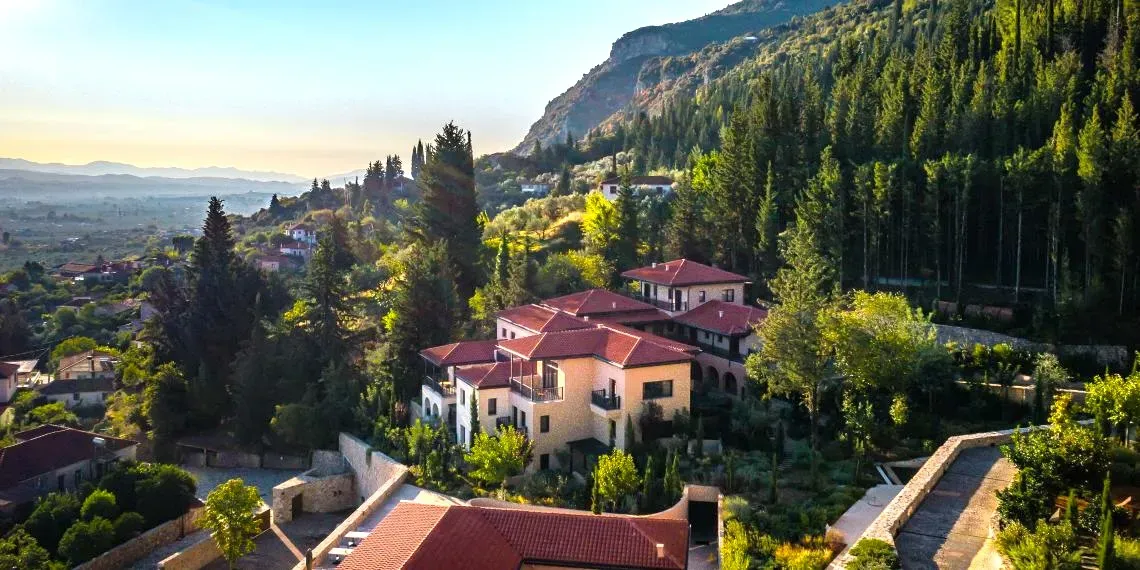
Boost strength, energy and balance through tailored training, nutrition and personal coaching, adapted to all fitness levels.

This programme supports emotional reset, deeper rest and improved resilience. Perfect for anyone feeling overwhelmed or needing space to recover and recharge during their stay

Achieve inner peace with three programmes focused on sleep, stress relief, and meditation. Ideal for burnout, insomnia, anxiety, or emotional imbalance. A path to clarity, focus, and full-body calm.
What is a meditation retreat
A Meditation retreat or holiday is a specialized getaway focused on providing you a dedicated space and time for deepening your meditation practice and experiencing inner peace and mindfulness. These retreats are typically held in serene and secluded locations, away from the hustle and bustle of daily life, to create a conducive environment for relaxation and self-reflection.
During a meditation retreat, you engage in various meditation techniques, mindfulness practices and guided sessions led by experienced meditation teachers. The retreat may last anywhere from a few days to several weeks, allowing participants to immerse themselves fully in the practice.
What do you get out of a meditation retreat or holiday
- Inner Exploration: you are encouraged to explore your thoughts, emotions and inner experiences in a non-judgmental and accepting manner.
- Stress Reduction: The serene and peaceful environment of the retreat helps reduce stress and promotes relaxation.
- Deepening Meditation Practice: you can focus on developing and refining your meditation techniques, leading to a more profound and enriching meditation experience.
- Mindfulness: Mindfulness practices taught during the retreat help you become more present and aware in daily life.
- Spiritual Growth: For those with spiritual interests, meditation retreats may offer opportunities for spiritual growth and self-discovery.
- Community and Support: Being surrounded by like-minded individuals can foster a sense of community and support, creating a nurturing space for personal growth.
Disconnect from the outside world, find inner stillness and return refreshed and renewed after a meditation retreat or mediation holiday.
Cleanse your mind on meditation and yoga retreats
‘Meditation is simply about calming the mind, which gives you better insight into yourself’, says Sylvia Olde Scholtenhuis, who leads various meditation and yoga retreats on the PureandCure retreats in The Netherlands. ‘You learn to understand yourself and become aware of what thoughts and emotions are within you. This insight helps with problems and ups and downs, and to also find ways of looking at things differently. It’s funny how we clean our homes, wash our bodies and clothes… but what about our minds? We leave them to get dirty. Until you start meditating. Because meditating cleanses your mind and leaves you feeling fresh and ready to face life and everything it throws at you.’The benefits of meditation
Better ideas and decisions. Calmer, better focus and concentration. Increased effectiveness and productivity. These are just a few examples of what meditation can do. The time and effort you invest in learning how to meditate is returned to you in spades. And – trust us – it isn’t half as hard as it seems.Meditation techniques
It is a common misconception that meditating involves sitting in the lotus position for hours on end without having a single thought. Who knows – maybe you will get to that point some day. But in the meantime, make it easy for yourself first and foremost. There are all kinds of different meditation techniques. Find out which suits you by trying them out:Mindfullness: Visualisation or sound meditation
Focusing, for example, on the flame of a candle, a calming photo or a bare wall. In a sound meditation, you focus your attention solely on a mantra or the sound of singing bowls. The exercise is to bring your attention back to the image or sound each time you feel distracted by your thoughts. This settles the mind.Walking meditation
A more active form of meditation whereby you focus entirely on walking. This means that you aren’t thinking about where you are walking to, but just on walking itself. You are aware of how you lift a foot, flex and place it down to take another step. The journey is the goal, not the destination. For those who love to be outdoors, this meditation takes you inwards while being outside.Breathing meditation
There are various techniques to this meditation. For example, for each breath you can say ‘in’ on the inhalation and ‘out’ on the exhalation to keep you focused on your breath. Another option is to count. Slowly count to 3 on the in-breath, and the same on the out-breath. In slowing the breath you are also calming the mind.Meditation tips for beginners
Meditation tip 1
‘You don’t need to get up before dawn and spend an hour sitting on a cushion. Spending a couple of minutes with your eyes closed and observing your breath on the toilet, bus, train or during your lunch break is just as good and will make you feel much calmer.’Meditation tip 2
‘Try to do everything in your day with awareness. Become aware of that cup of coffee you’re drinking instead of thoughtlessly gulping away. Feel the sunshine on your skin. Hear the birds singing in the garden. These are also forms of meditation that take you out of your head.Meditation tip 3
‘Don’t contort yourself into impossible positions. Sitting up is advisable as many people will fall asleep if they meditate lying down. But it’s fine to sit on a chair rather than on the floor. The legs can be stretched out straight if that’s more comfortable. It doesn’t really matter how it looks; what matters is that you are in a relaxed position.’

 EN
EN NL
NL BE
BE







